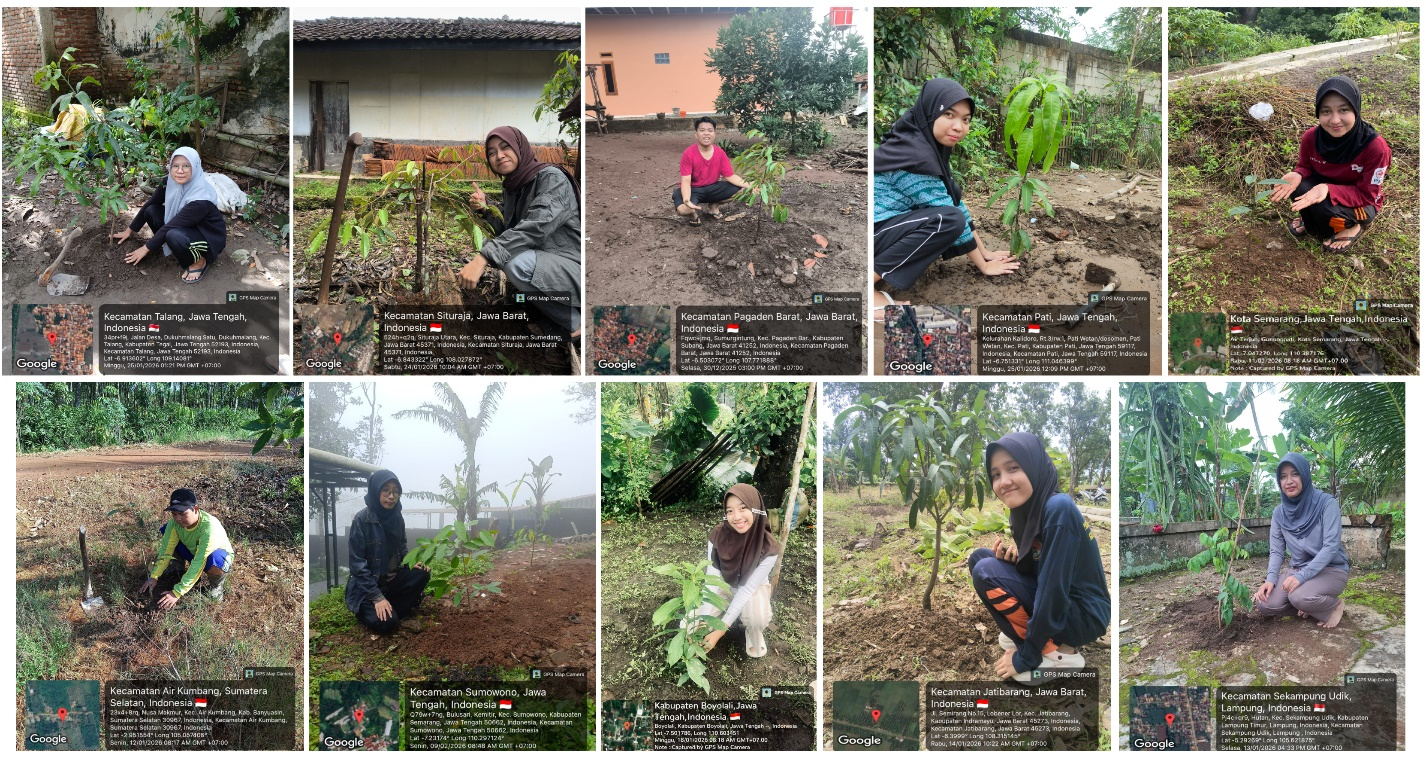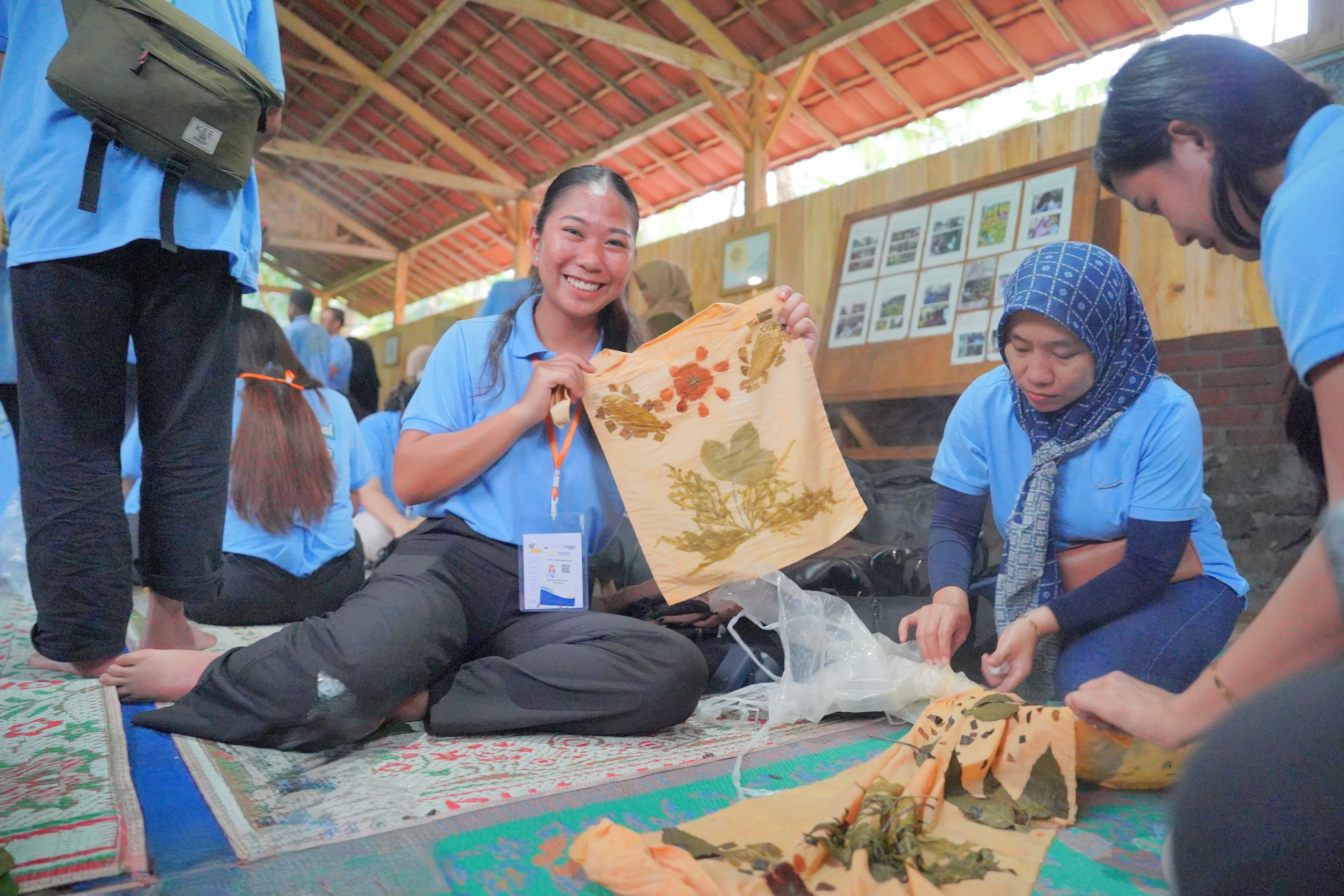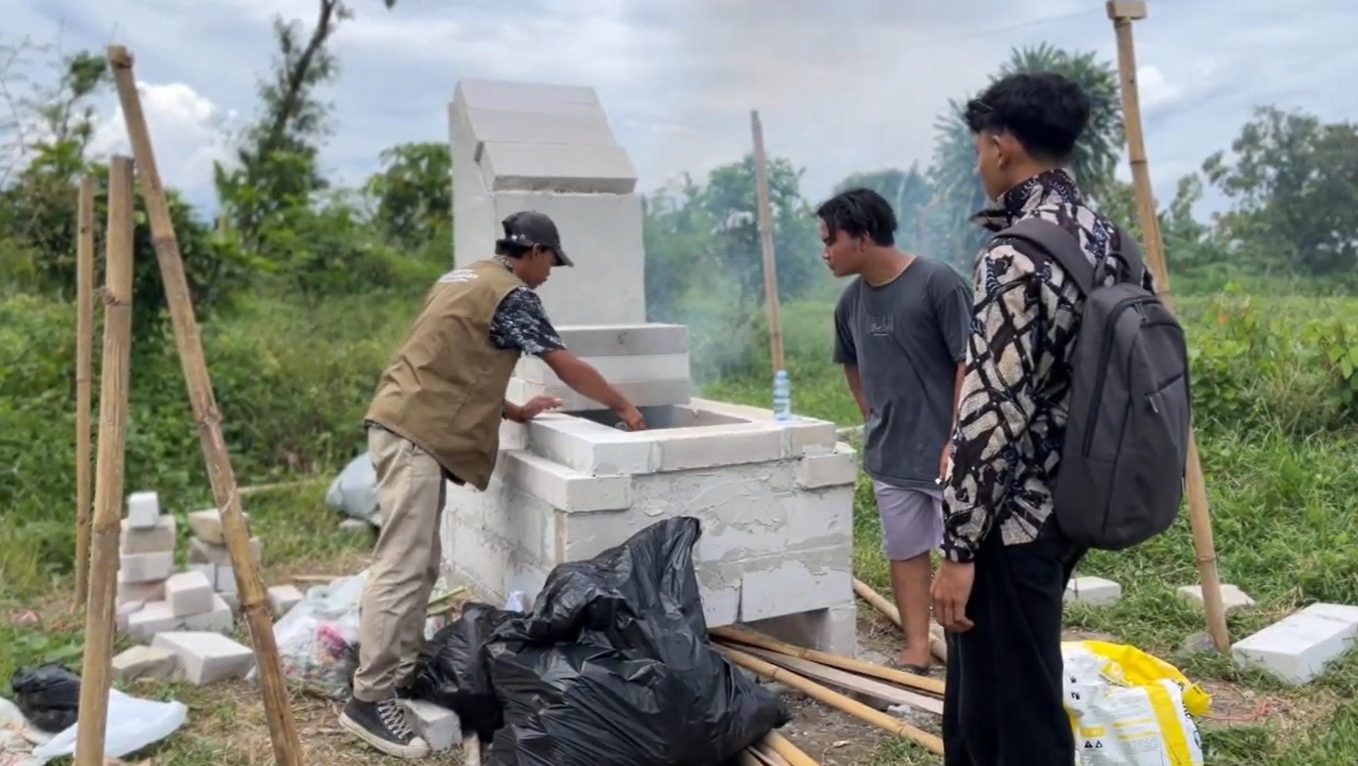Sabtu (13/6) Universitas Negeri Semarang (UNNES) menyelenggarakan Webinar dengan tema Kampus Merdeka, Merdeka Belajar: Akselerasi Perguruan Tinggi pada Masa New Normal.
Kegitan dilakukan secara Daring melalui aplikasi Zoom dan disiarkan langsung memalui Chanel YouTube UNNES. Menghadirkan narasumber Sekertaris Direktur Jendral Pendidikan Tinggi Kementerian Pendidikan dan Kebudayaan Republik Indonesia Dirjen Dikti Dr Paristiyanti Nurwardani MP, Rektor UNNES Prof Dr Fathur Rokhman M Hum, Rektor Institut Pertanian Bogor (ITB) Prof Dr Arif Satria SP MSi, dan Rektor Universitas Brawijaya (UB) Prof Dr Ir Nuhfil Hanani AR MS. Moderator Wakil Rektor Bidang Perencanaan dan Kerja sama UNNES Dr Hendi Pratama SPd MA.
Prof Dr Fathur Rokhman MHum dalam menyampaikan, terima kasih dan penghargaan kepada narasumber dan peserta Webinar. UNNES memiliki komitmen membangun Kampus Merdeka, Merdeka Belajar. Menurut Prof Fathur Rokhman, muara merdeka belajar adalah membangun insan yang cerdas berkarakter.
“Rektor beserta Pimpinan UNNES menghaturkan terima kasih dan penghargaan atas arahan dan pencerahan narasumber serta peran aktif peserta pada Webinar Kampus Merdeka, Merdeka Belajar: Akselerasi Perguruan Tinggi Masa New Normal. Alhamdulillah UNNES terus menoreh prestasi seperti Peringkat 14 Versi 41CU 2020 berada pada 10 Perguruan Tinggi Nasional terbaik, Peringkat 72 Asia Tenggara, Peringkat 120 Asia, dan Peringkat 6060 Perguruan Tinggi Dunia. UNNES sedang mengembangkan kurikulum kampus merdeka, mempersiapkan program magang mahasiswa, dan penyiapan menjadi LPTK rujukan,” kata Prof Fathur Rokhman.
Lebih lanjut Rektor UNNES mengungkapkan beberapa akselerasi UNNES di masa New Normal dengan mengembangkan beberapa program , diantaranya penguatan Elektronik Learning (Elena UNNES) untuk mendukung perkuliahan, layanan administrasi juga didorong melalui elektronik office, serta pengembangan jaringan pengamatan sosial riset dan inovasi untuk Indonesia Maju.
Sekertaris Dirjen Dikti Dr Paristiyanti Nurwardani menyampaikan kebijakan Kementerian Pendidikan dan Kebudayaan (Kemdikbud) di masa New Normal untuk perguruan tinggi dengan menerapkan pola pembelajaran Pendidikan Jarak Jauh (PJJ).
“Pelaksanaan PJJ terbukti menjadi salah satu solusi bagi perguruan tinggi dalam mengatasi keterbatasan pelaksanaan pembelajaran selama masa pandemi Covid-19. Pendidikan Jarak Jauh (Pjj) memiliki strategi pembelajaran yang fleksibel. Pada masa pandemic ini perguruan tinggi diharapkan melakukan proses pembelajaran fleksibel yang reorientasi kurikulum dengan tetap memperhatikan capaian pembejaran. Sistem Pembelajaran Hybrid Learning menjadi kebutuhan. Kemendikbud juga melakukan upaya-upaya untuk memberikan solusi kepada mahasiswa dengan menggratiskan akses ke laman pembelajaran perguruan tinggi, penguatan platform SPADA, LMS gratis berbasis MOODLE dan Google Classroom,” kata Dr Paristiyanti.
Lebih lanjut Dr Paristiyanti Nurwardani M P menegaskan sistem dan proses pembelajaran pada pendidikan tinggi menurut kemendikbud harus mencakup 6 c for hots yaitu communication, collaboration, compassion, critical thinking, creative thinking, computation logic.
“Semua itu diperlukan untuk mahasiswa agar mereka bisa beradaptasi, fleksibel, mempunyai jiwa pemimpin, memiliki keterampilan membaca, kemampuan menulis , dan kemampuan berbahasa Inggris serta penambahan keterampilan IT. Agar nantinya PTN menciptakan lulusan yang beriman dan bertakwa kepada Tuhan Yang Maha Esa, berakhlak mulia, sehat, berilmu, cakap, kreatif, mandiri, dan menjadi warga negara yang demokratis serta bertanggung jawab dan memiliki Ijazah, SKPI , Sertifikat Kompetensi Sertifikat Profesi, Sertifikat Bahasa Asing, Sertifikat Internasional, Regiter Profesi Nasional, Register Profesi Internasional, dan Capaian Pembelajaran CPL Waterloo/ lulus PAI/ SOA ” terang Dr Paristiyanti.
Rektor Institut Pertanian Bogor (ITB) Prof Dr Arif Satria SP MSi menyampampaikan perlunya pendidikan tinggi melakukan lompatan-lompatan orientasi di era New Normal untuk menciptakan inovasi (Future Practice), dan memiliki kreativitas dalam merespon keadaan.
“Sebagai respon kita, perguruan tinggi perlu merubah mindset orientasi masa depan dengan Future Practice melalui keterampilan adaptasi pola pikir, kolaborasi, problem-salving serta inovasi, dan telnologi centric. Itu merupakan skil yang penting untuk menghadapi keadaan di masa Pandemi Covid-19,” ujar Prof Arif Satria.
Pada kesempatan yang sama Rektor Universitas Brawijaya (UB) Prof Dr Ir Nuhfil Hanani AR MS menyampaikan berbagai kebijakan Kampus Merdeka, Merdeka Belajar di masa Pandemi Covid yang mendorong perguruan tinggi untuk melakukan pembelajaran Daring sehingga mahasiswa lebih fleksibel dalam menuntut ilmu.
“Pada proses pembelajaran melalui Daring, dosen kita dorong dengan cepat untuk melakukan adaptasi, sehingga proses dapat berjalan dengan baik dan lancar. Saya berharap kerja sama antar perguruan tinggi menjadi langkah awal untuk mendukung kampus merdeka, merdeka belajar,” Ungkap Prof Nuhfil Hanani.
Hadir pada webinar Ketua Senat, Ketua Majelis Profesor, Wakil Rektor, Dekan, Direktur Pascasarjana, Ketua Lembaga, Ketua SPI, Ketua Badan. Kepala Biro, Kepala UPT, Staff Ahli Rektor, Tim Akselerasi, Ketua Jurusan, Koordprodi, Kalab, dan Mahasiswa UNNES. (Sumber: unnes.ac.id)



